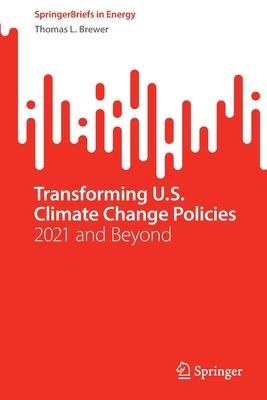This book presents an integrated, multi-disciplinary analysis that combines climate science, economics, technology and political analysis of US climate policy changes undertaken during 2021.
The book begins with an up-to-date discussion of the climate crisis as of 2021, with key concepts, problems and data all represented in straight-forward graphs and tables. This introduction to climate science and climate conditions establishes the context in which US climate policy is being made. The second chapter presents information about issues and policies at the advent of the Biden administration in January 2021 within the institutional context of the US political system. The chapter focuses on the initiatives taken by the new administration in a remarkable display of wide-ranging decision-making during its first year in office, and it also includes the policies of state and local governments. The third chapter offers a detailed analysis of the climate budget developed for the fiscal year 2022, a budget that marks dramatic increases in the amounts of funds for a wide variety of climate change programs--and also reductions in the subsidies for fossil fuel industries. A series of sectoral chapters examine the economics and technologies, as well as the government policies, in key industry sectors: energy, transportation, agriculture and finance. The final chapter is based on scenarios of future climate changes and policy paths that can address the mitigation and adaptation challenges of the next decade.
The book offers specific information, so the reader can understand the contemporary climate issues and policies in the USA. At the same time, it provides the enduring concepts and fundamental features of the science, economics, technologies and political institutions that will shape the future.











